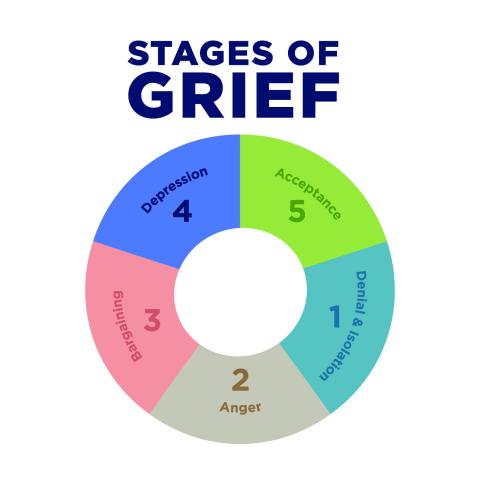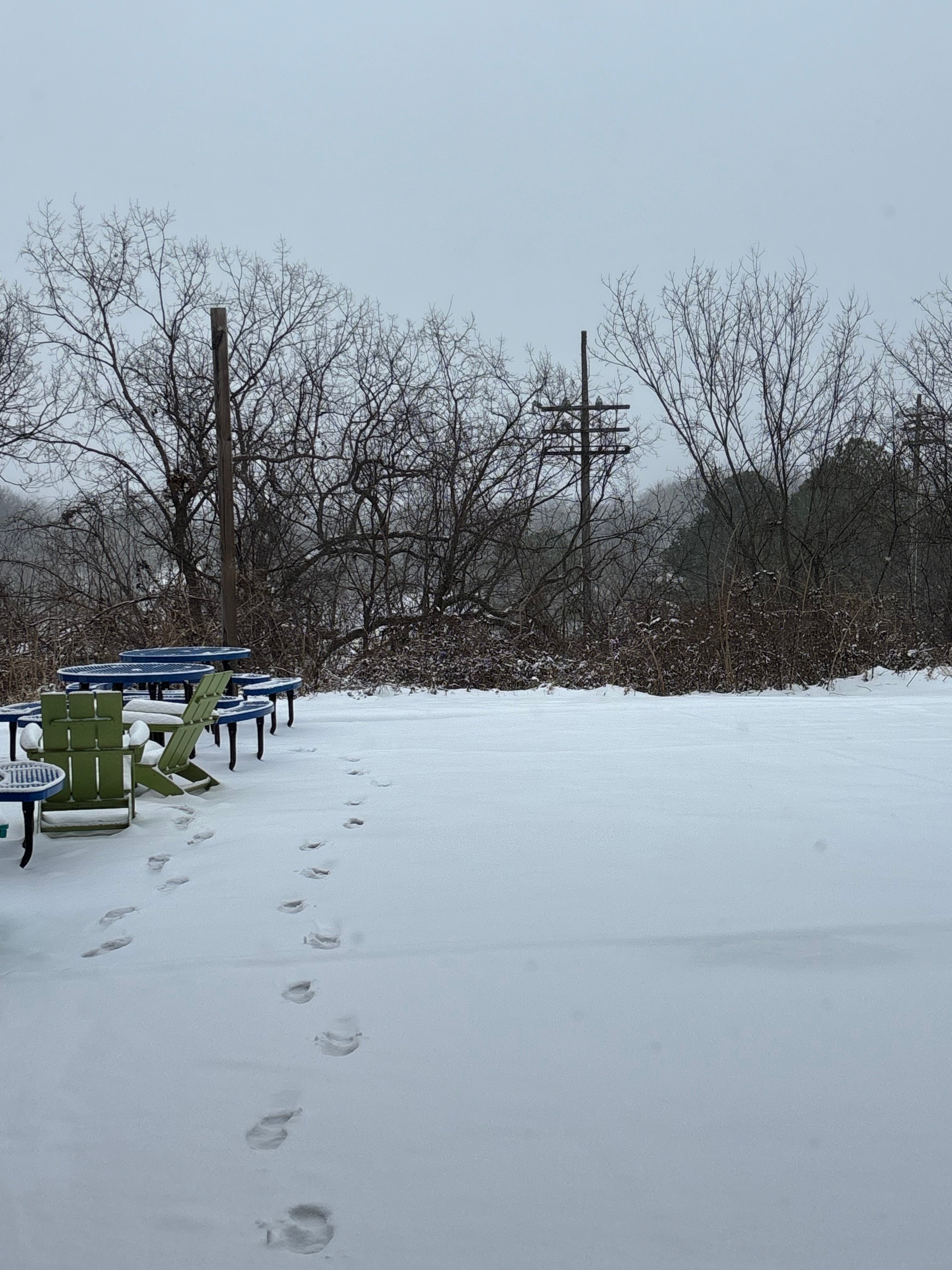![]()
Between 35 percent and 48 percent of college students have lost a family member or close friend within the last two years. Within the last year, between 22 percent and 30 percent of college students have lost a family member or close friend, according to the national students of Actively Moving Forward (AMF) Support Network.
With over 18.4 million students enrolled in American colleges, those percentages equate to more than 4.5 million college students who are grieving.
Steve Beers, vice president of student development at John Brown University, has experienced loss first hand with the passing of his mother. With a degree in counseling and having experienced grief training, Beers has seen what effects grief can have on various stages in life.
“We each carry different loads. I don’t know why some people’s loads are heavier than others,” Beers said.
Beers explained how every person grieves differently and the difficulty in knowing how to support peers and friends through different types of loss.
“I contend that each of our personalities play such a role in it, our circumstances … How much time can I spend? Am I an internal or external thinker? What kind of support system do I have? All of those things allow more or less time for grieving,” Beers said.
“It’s a process and a direction and different people need different support. Even though every part of your body may heal differently, there is still a progression in the healing process,” Beers said. “Researchers know that there are so many steps in grief.”
AnnaClaire Chin has been experiencing these levels of grief in recent years.
“In mid-June of 2014, my friend lost her husband of only five weeks; she was 22. Although this shook me for a while, it didn’t prepare me for my mom’s diagnoses of cancer four weeks later,” Chin said. “This current spring semester, my grandma passed away.”
Chin explained her ideas about grieving: “I always thought grieving was only allowed when someone passed away when in fact, my counselor described to me that even though people experience grief on different levels, it is the experience of something that has been lost. In this case, my mom lost her health as well as her mother.”
Beers remembered his own mother’s battle with cancer.
“My mother spent two years in chemotherapy. There wasn’t anything that we didn’t have time to say, as opposed to some people who lose their dad or mom in an inkling and don’t have a chance to say this or resolve this or that,” Beers said.
He addressed the difference of how individuals grieve, “I was reminded of this with my siblings. We all stood at the grave site, we all stood at the same hospital bed, and we each grieved differently, but I would contend we all grieved in the same direction and that I think is the healthy part,” Beers said.
“I have to keep reminding myself that how it’s impacting that person is different than me and that’s okay,” Beers said, “Secondly I have to realize each person manages how they eat, sleep, eat, write papers, read books… [etc.] It is irresponsible of me to assume that somebody is going to deal with something as significant as loss exactly like I would deal with it.”
Beers mentioned the fact that everything and everyone is temporal, even though we struggle with accepting this.
Chin agreed and said, “No one wants to be reminded of that we live in a temporary world; that illness, old age and death is a part of life. For most of my life, I haven’t given a second thought that I would live over the age of 90. I’ve only had two close friends’ parents pass away, it is a reminder that it could happen to me; no one wants to become a walking reminder of what could possibly happen.”
Beers explained the sensitivity and hardships that happen when you experience loss. He said any smaller conflicts are magnified and our ability to think strategically is compromised; grief compounds everything.
“In my circle of college friends, we’ve been blessed to have our parents support us through college,” Chin said. “But at the same time, since our age gives us an advantage grief can become a foreign concept when no one has experienced.”
Beers said that we are all imperfect and we have to bear with one another and love each other through it, allowing people to walk at their own pace.
“No one is going to support you perfectly,” Chin said. “But the most precious thing is when your friends are trying — you love them more because they choose to love you and even though they might say cliché Jesus lines you know that it’s coming from a place of love.”





